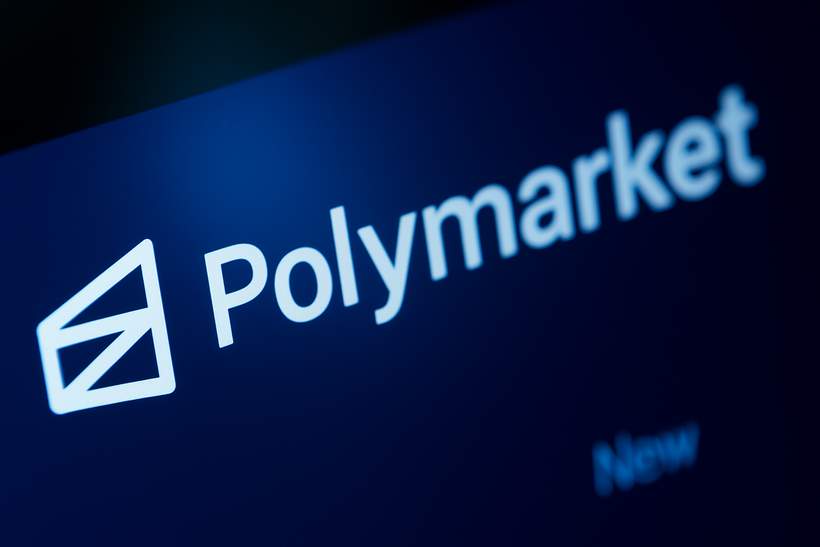Polymarket and Kalshi Pursue Billion-Dollar Valuations Amidst Growing Prediction Market Interest

Polymarket and Kalshi Target Multi-Billion Dollar Valuations
Polymarket and Kalshi, two prominent names in the prediction market industry, are reportedly exploring new funding rounds with valuations reaching $9 billion and $5 billion respectively. These figures represent substantial growth compared to their previous valuations.
Rapid Valuation Growth in the Prediction Market Sector
Recent reports indicate that Polymarket has attracted investment offers valuing the company as high as $9 billion, a significant increase from the $1 billion valuation it held earlier this year. Other sources mention potential valuations even reaching $10 billion. At the same time, Kalshi is close to finalizing a funding round valued at around $5 billion, which is more than double its last valuation of $2 billion achieved just a few months ago. This surge in valuations highlights the growing confidence investors have in the future adoption of regulated prediction markets.
Renewed Activity and High-Profile Support
This surge follows recent notable developments in the U.S. prediction market landscape. Polymarket, after being inactive in the U.S. for over three years, plans to relaunch its operations domestically. Additionally, Polymarket has garnered backing from influential investors, including venture capital firm 1789 Capital, led by Donald Trump Jr., who has also taken on an advisory role with the company. However, this involvement has raised some concerns due to Donald Trump Jr.’s simultaneous advisory role at Kalshi, raising questions about potential conflicts of interest and political influences in the sector.
Challenges Facing the Growing Prediction Market Industry
Much like the early stages of online sports betting, private investors are showing strong enthusiasm for prediction markets, which present new opportunities especially given their association with cryptocurrency—something that traditional regulated sportsbooks lack. This competitive edge, however, has occasionally led to conflicts with existing betting operators.
Kalshi, in particular, has faced legal challenges, including a recent civil lawsuit filed by Massachusetts, which accuses the company of essentially operating unauthorized sports betting activities. Such regulatory scrutiny underscores the complex legal environment surrounding prediction markets.
Public Perception and the Call for Regulation
Beyond legal challenges, general public sentiment also points toward a demand for clear regulation in the prediction market space. A recent report from the American Gaming Association revealed that most individuals believe prediction markets should be subject to regulatory oversight, reflecting concerns about fairness and transparency among consumers.